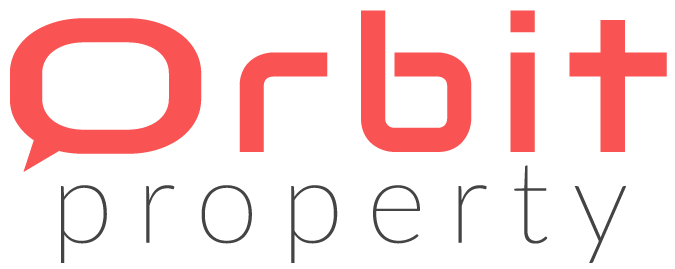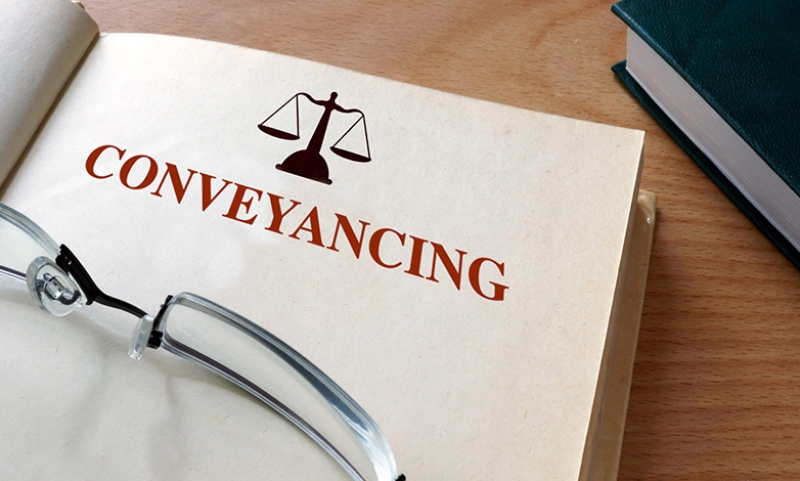Whether it is an existing home, or you are about to embark on building your new home, you will need to engage a good conveyancer.
From the start of your contract right through to the settlement – this is a complex task and includes various financial and administrative duties, so, you will need the right conveyancer to guide you through the process of purchasing your home.
Though it is not legally required, for a reasonable fee you can have someone act on your behalf with the legislative knowledge required leaving you feeling less stressed and more time to focus on your big move.
What is conveyancing?
Conveyancing is the process of transferring ownership of the legal title of a property (such as a house or land) from one person to another. Preparing, verifying and lodging a range of legal documents as well as preparing the property for settlement are important parts of conveyancing.
There is a lot that the conveyancer completes behind the scene to complete the process. A conveyancing transaction generally consists of three stages:
- pre-contract
- pre-completion
- post-completion
Typically, a conveyancer will do everything necessary and ensure you are prepared for critical dates during the process.
They are also in regular contact with the other party’s lawyers dealing with the finer details.
Of course, you can fill out all the forms yourself and save yourself your money. This is not recommended, as ensuring all the i’s are dotted and t’s crossed is no easy task. If something is not right, you risk losing the property and forfeiting your deposit.
If you enlist the expertise of a conveyancer, should they make a mistake, you’ll be covered by their professional indemnity insurance.
What is a conveyancer?
A conveyancer is a licensed professional who specialises in providing advice and information about the sale of a property.
Conveyancers don’t necessarily have to be solicitors, but they often undertake this work.
It’s recommended that you engage a conveyancer whenever you are:
- buying or building a property
- selling a property
- subdividing land
- updating a title (i.e. registering a death)
- registering, changing or removing an easement
What does a conveyancer do?
As we have mentioned above a conveyancer oversees the settlement process.
It sounds simple right but in reality, most home buyers and sellers do not realise the full amount of detail, documentation and work that goes into legally transferring a property to a new owner.
For someone who does not know how to navigate the process it could take weeks to find and lodge legal documents, let alone understand them.
And that is just a snapshot of conveyancing. Below we give you an overview at what a specialist does for each party.
For the buyer, a conveyancer will complete (but not limited to):
- Prepare, clarify and lodge legal documents – e.g. contract of sale and memorandum of transfer
- Research the property and its certificate of title – check for easements, type of title and any other information that needs addressing
- Put the deposit money in a trust account
- Calculate the adjustment of rates and taxes
- Settle the property – act on your behalf, advise when the property is settled, contact your bank or financial institution when final payments are being made
- Represent your interest with a vendor or their agent
For the seller, a conveyancer will complete (but not limited to):
- Complete legal documents
- Represent you in dealings with the buyer – e.g. request to extend dates, ask title questions etc.
How do I find a conveyancer?
Just as you would interview prospective real estate agents, you should sit down and talk to multiple conveyancers before selecting one to oversee your settlement process.
A good place to start is by asking your real estate agent, accountant, friends and family if they can recommend a good conveyancer.
Once you have a list of prospective conveyancers, give them a call and ask a few questions (see below) to find one that meets your needs. Some conveyancers specialise in different types of real estate, which should help narrow your search.
When you think you’ve found a suitable conveyancer, run a background check to ensure they are legally allowed to carry out the work and have had no complaints made against them.
Questions to ask potential conveyancers:
- Are you a member of the Australian Institute of Conveyancers?
- What types of property do you specialise in?
- How much will it cost? What are your fees and charges? What will I have to pay at settlement? What other costs are there?
- How will you communicate with me and how often?
- How long will everything take on settlement day? (This is important if you are arranging movers and other parties)


































